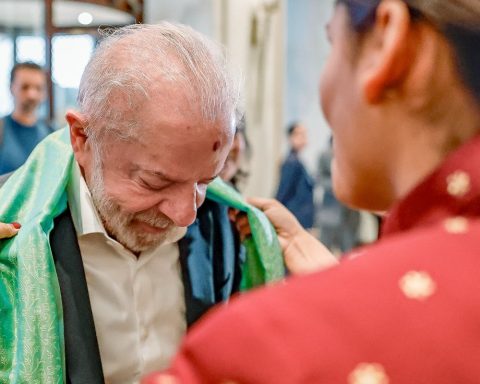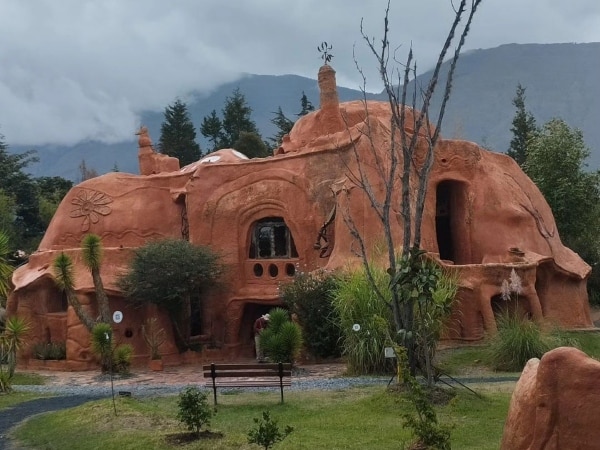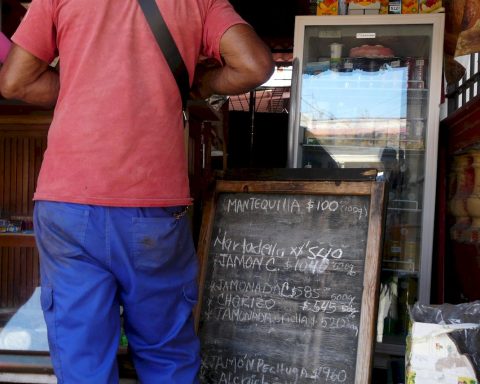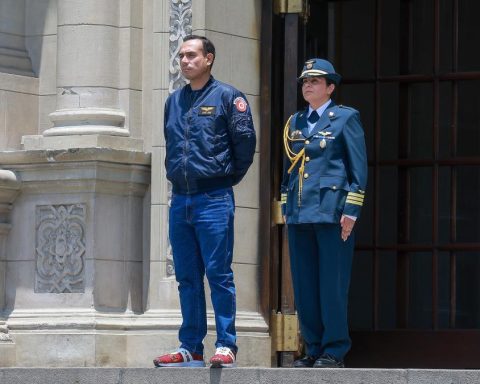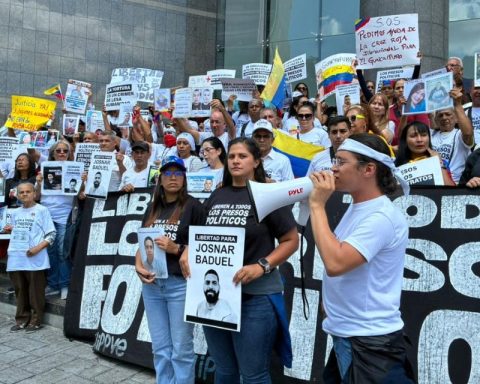On the date that Tree Day is celebrated, September 21, the Landless Workers’ Movement (MST) began planting 2 thousand hectares to reforest areas of Legal Reserve and Permanent Preservation of families settled in the Vale do Rio Doce region, in Minas Gerais.
The action involves families from six agrarian reform settlements located in the Minas Gerais municipalities of Periquito, Santa Maria do Suaçuí, Jampruca, Campanário, Resplendor and Governador Valadares. The forest restoration of the settlements in the region will involve the planting methodology of seeds mixed in the areas, which already have prepared and fertilized soils.
According to Henrique Samsonas, from the MST’s Production and Environment Sector, this form of planting is an alternative that has shown great results, as it allows for earlier planting, increasing the amount of planted areas throughout the year at a lower cost. “The large-scale planting of seed mixes in the Rio Doce Basin has allowed the creation of a seed network that has generated income mainly for settled families, indigenous peoples and quilombolas,” he assessed.
Recovery
Following the collapse of the Fundão dam in the Minas Gerais municipality of Mariana in November 2015, the Landless Workers’ Movement understood that, in addition to denouncing predatory and degrading mining for the environment and people, it was the task of the families in the settlements to recover and preserve their territories.
The action is part of the Agroecological Program for the Recovery of the Rio Doce Basin, which has already built 150 small dams (technology to capture rainwater to supply the water table) and 59 biodigesters (equipment that guarantees the treatment of sewage from bathrooms in rural areas).
The initiative aims to build reforested and agroecological territories to produce life and healthy food for the Brazilian people, and in conjunction with the national action of the Plant Trees, Produce Healthy Food Movement, which plans to plant 100 million trees by 2030.



